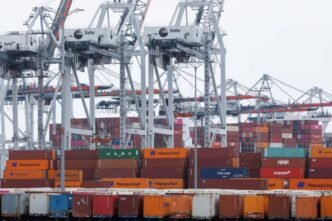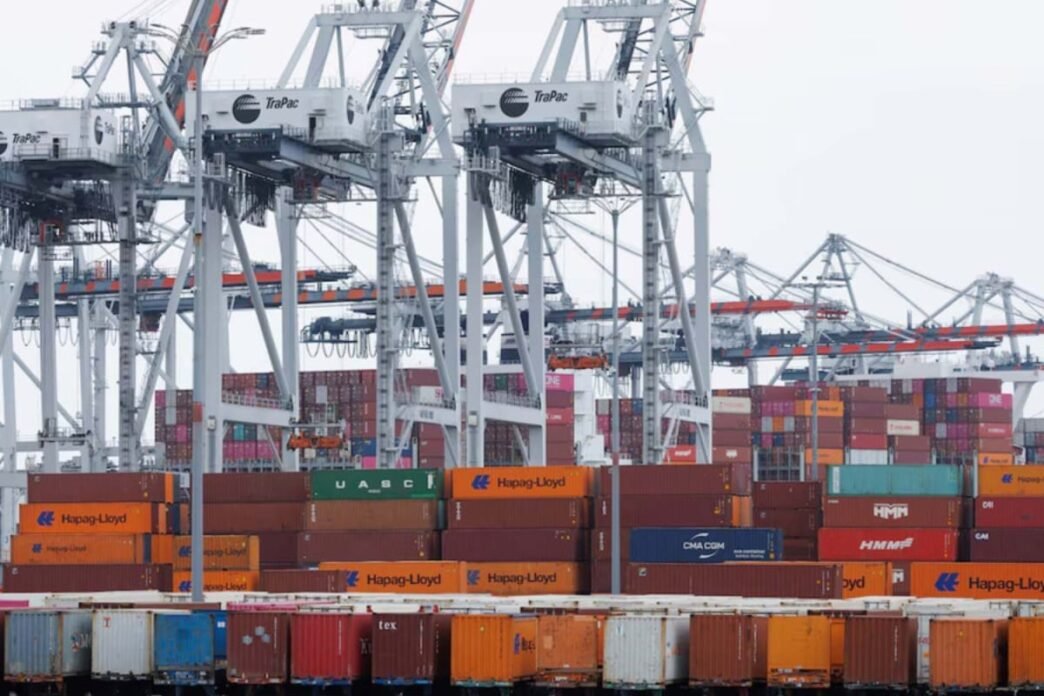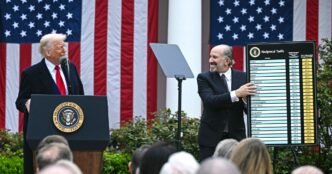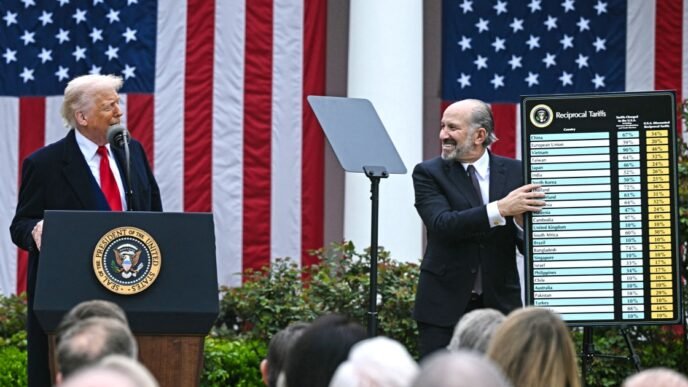Pakistan rejects US trade tariffs as unfair, calls for multilateral action
The United States has imposed a unilateral 29% tariff on Pakistani exports, citing “reciprocity” over Pakistan’s alleged 58% tariffs on US goods. Pakistan has strongly rejected this move, calling it disproportionate, misleading, and in violation of WTO principles.
The decision threatens to destabilize Pakistan’s export-driven industries, particularly textiles and agriculture, placing millions of jobs at risk. At the same time, experts warn that American consumers will face higher costs for essential goods such as textiles, apparel, and leather products due to the increased tariffs.
Pakistan maintains that its tariff policies are fully compliant with WTO regulations and align with the rights of developing nations under global trade frameworks. Officials argue that this punitive measure mischaracterizes Pakistan’s trade policies and could significantly harm bilateral economic ties.
The tariffs also risk damaging decades of Pakistan-U.S. cooperation, further straining diplomatic relations at a time when economic partnerships are crucial for global stability.
In response, Pakistan has vowed to defend its economic sovereignty and challenge the tariffs through WTO dispute mechanisms while pushing for diplomatic dialogue to resolve trade imbalances amicably.
Officials are also seeking to diversify trade partnerships, strengthening economic ties with Asia, the EU, and MENA to reduce reliance on single markets. Economic analysts warn that such unilateral trade measures undermine the rules-based global trading system, setting a dangerous precedent for international commerce.
Pakistan asserts that fair competition, not punitive tariffs, should govern global trade policies. The country remains committed to engaging in constructive negotiations while calling on the international community to resist unilateralism and uphold the principles of multilateral trade.













